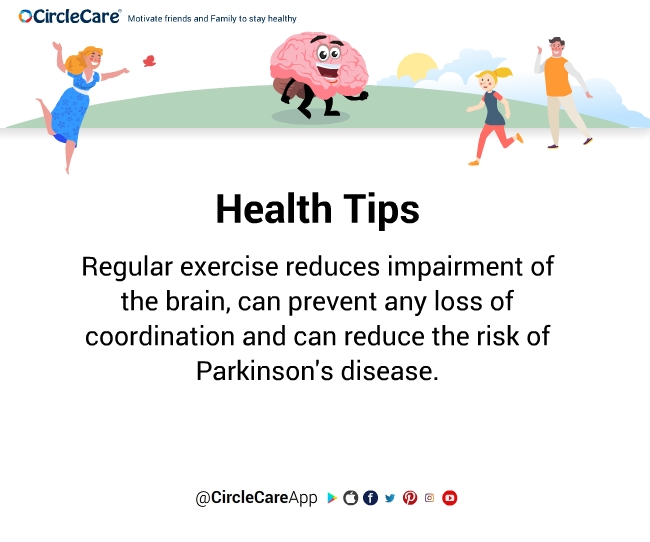Exercise is well known for its ability to reduce the health risk of various chronic diseases including Heart disease, Stroke, and Diabetes.
Exercise to improve mental health – but not too much

Widget not in any sidebars
Exercise is well known for its ability to reduce the health risk of various chronic diseases including Heart disease, Stroke, and Diabetes. However; we know very little about its impact or improve mental health. That’s why researchers from Yale University in New Haven, CT, conducted research, where a total of 1.2 million people reported their physical activity levels for a month and rated their mental wellbeing.
Like the previous studies, this inquiry also suggested that physical exercise gives us boost for mental wellbeing, but there was a caution this time – too much training might do more harm than good. The examination included all types of physical activity, ranging from childcare, housework, lawn-mowing, cycling, going to the gym, running and skiing. The research found that any exercise can help, but different team sports like cycling and aerobic exercises are most beneficial to improve mental health.
How much exercise is too much?
Researchers found some association between the length of the exercise and its benefits. They found that people who were exercising every day were reporting lower mental health level. People who experienced the best psychological health benefits were active 45 minutes per day for an average of 3 to 5 days a week.

Corporate Wellness App
CircleCare
Effect of exercise on mental health
The people with limited physical activity who took part in this study reported that they experience around 3 to 4 days of poor mental health each month. People who were exercising said on average only two days. Participants with a previous history of depression showed that the association was even stronger. Participants with the prior history of depression on averaged experienced seven days of poor mental health, compared to 11 days for those who did no exercise.
Despite some limitations such as lack of accuracy and reliability due to the self-reporting nature of the study, there was no way of measuring total physical activity since the researchers could not pinpoint the results. There is overwhelming evidence that there is an active link between mental health wellbeing and physical exercise.






